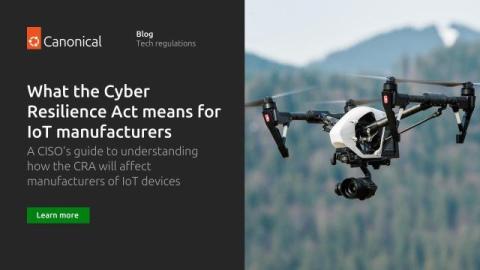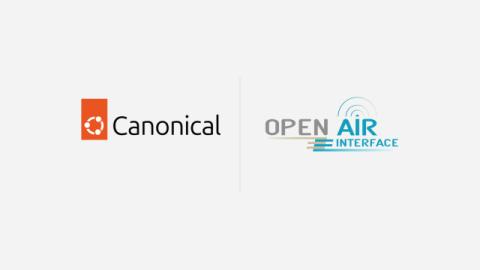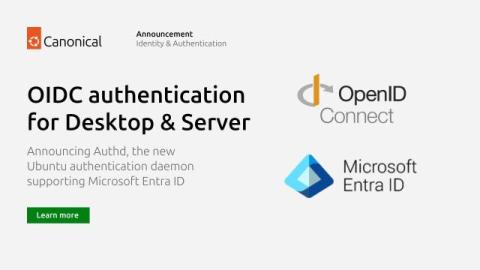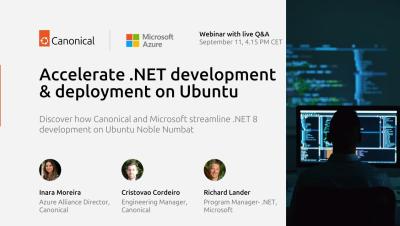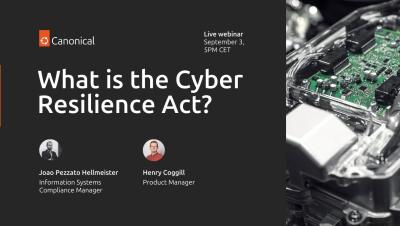What the Cyber Resilience Act (CRA) means for IoT manufacturers
The EU Cyber Resilience Act is coming. I’ve talked about this piece of upcoming regulation in some depth before, having covered its background and stipulations in previous pieces on our website and for the Forbes Technology Council, and explored what it means for the businesses who consume open source in later articles (you can also read a version of this blog on Forbes).


